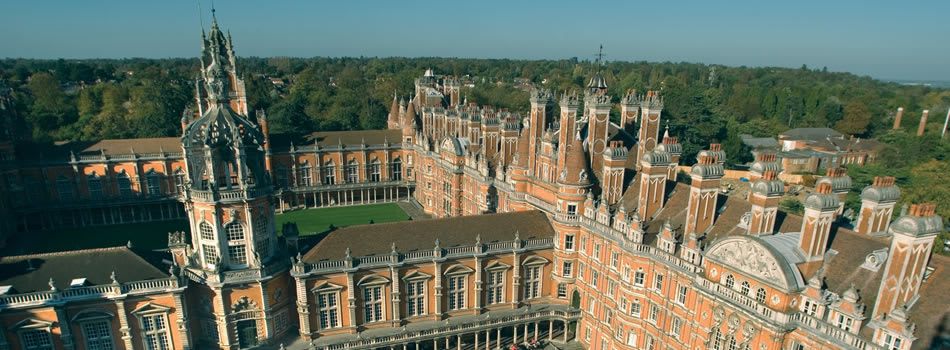About the Project
Quantum phenomena have historically been investigated using atoms, ions, spins and other ‘natural’ systems, but over the past few years there has been dramatic progress in the use of ‘artificial’ quantum systems to study, engineer and exploit quantum phenomena, most notably in the field of quantum information processing where e.g. superconducting circuits are used to create the building blocks of quantum computers. A more recent development is the creation of hybrid systems. These combine the freedom that comes with using superconducting devices (such as the possibility to easily create complex circuits and artificial atoms) with the advantages of other systems, to exploit complementary features such as very long coherence times.
RHUL and NPL have recently developed a groundbreaking hybrid system based on on-chip superconducting quantum circuitry coupled to a system of ions implanted into precise locations in the substrate of the wafer. The system is presently well characterised and understood and operating as expected. The student will join a team that will advance work on this project with a view to demonstrating quantum coherence of the coupled system and demonstrating its potential application as a ’quantum memory’. Improved coupling and readout techniques based on superconducting qubit technology will also be implemented. The main parts of the project will consist of fabricating the superconducting circuitry, implanting ions and characterising samples at ultra-low temperatures. The student will fully utilise the relevant fabrication and measurement facilities and develop their theoretical and practical skills in many different fields of physics as well as gaining specialist experience with milliKelvin cryogenics, nanofabrication, RF technology, data analysis and modelling. We envisage that the student will be based primarily at the National Physical Laboratory in Teddington with a co-supervisor at Royal Holloway, University of London.
This demanding but rewarding project will be undertaken within the "UK Centre for Superconducting and Hybrid Quantum Systems" (UK-CSQS), a joint venture between Royal Holloway, University of London, the University of Lancaster and the National Physical Laboratory. The overall research focus of the centre is the development of quantum device technology through the application of fundamental phenomena based on superconductivity, such as the Josephson effects, coherent quantum phase slip (the dual of the Josephson effect), flux and charge quantisation, quantum coherent behaviour, the principle of superposition, non-linear and non-dissipative phenomena, quantum entanglement and the interaction of devices with the quantised electromagnetic field, both as a probe and as an environment. We provide shared access to nano-fabrication facilities, specialist cryogenic facilities, an advanced understanding of condensed matter quantum technologies and we share our expertise. We also seek advances in the related fields of materials discovery and exploitation, low temperature technology, microwave technology and advanced nano-fabrication. Potential applications lie in the fields of quantum metrology (seeking to re-define the Ampere and to close the ‘metrological triangle’), the construction of quantum computing devices and quantum simulators, the exploitation of artificial atoms, microwave quantum optics, quantum meta-materials, quantum limited amplification and novel sensors operating beyond the standard quantum limit. The integration of these devices with other quantum systems such as nano electromechanical systems (NEMS), embedded ions, magnetic materials, normal metals, semiconductor and low-dimensional materials and other forms of quantum system is the basis of Hybrid Devices. The three groups each have outstanding global reputations for their research.
Applications may be submitted at any time. Several projects are available within the UK-CSQS, applicants should submit only one application and specify their interests to be considered for all available relevant projects.
Funding Notes
This research project has funding attached. Funding for this project is available to citizens of a number of European countries (including the UK). In most cases this will include all EU nationals. However full funding may not be available to all applicants and you should read the full department and project details for further information.
Non-European Students: In most cases if you have the correct qualifications and access to your own funding, either from your home country or your own finances, your application to work with this supervisor will be considered.

 Continue with Facebook
Continue with Facebook


